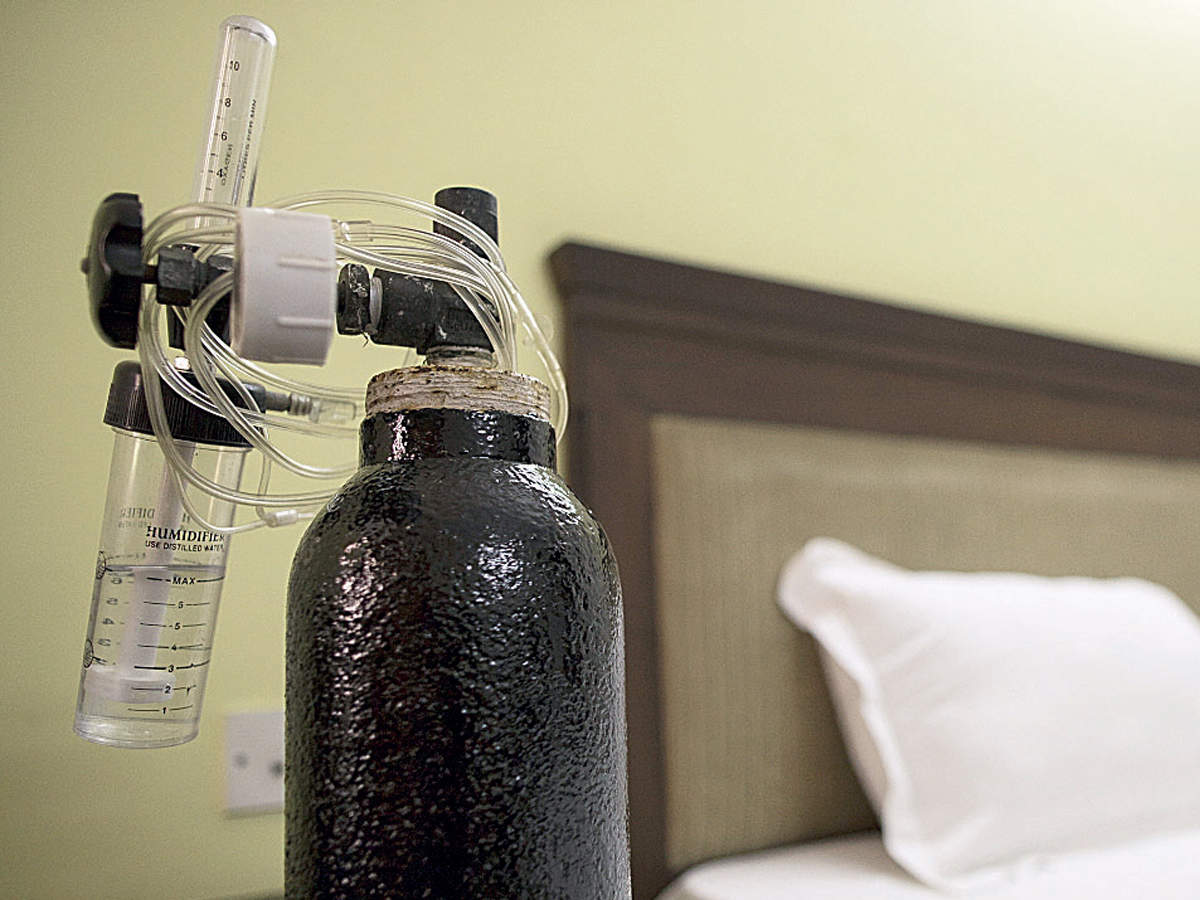The public health minister of Cuba on Sunday said that efforts were underway to restart the country’s main oxygen factory which had broken down even as the death toll from COVID-19 on Saturday increase 98, equal to the pandemic record.
Cuba had reported 577,668 cases and 4,023 deaths, recorded as of Saturday.
A Delta-driven spike in coronavirus cases and deaths swamped some provincial health services in Cuba after following this minister Jose Angel Portal appeared on the state’s mid-day news broadcast. Daily cases are averaging between 8,000 and 9,000 and fatalities stands at nearly 1% of cases, low by international standards but high for Cuba which last year had a death rate of 0.67%.
On top of an economic, the health crisis saw the economy decline 10.9% last year, and an additional 2% through June if compared with the same period last year, has resulted in a shortage of consumer goods and frayed nerves in the Communist-run country.
Over ten thousand people took to the street in protest last month which was the most serious disturbance since the early days of the 1959 Revolution. Some medical staff and residents have taken to social media complaining about the treatment in a land that prides itself for the quality of its free health system.
According to comments from the officials last week, the country of 11.2 million residents has fully vaccinated three million with homegrown vaccines with another two million expected to get a final shot before September. Cuba’s Health Minister said a high-level commission was doing everything possible to make up for the oxygen shortage without indicating when the main plant would come back online.
The health workers are apparently being blamed by the officials according to the comments received last week from them, they said due to the provoked an unusual push back on social media with doctors blaming the government for a lack of supplies and poor management the health system has collapsed.
Portal took pains on Sunday to praise “the work of our health professionals on the front lines” while admitting there were shortages of some medicines used to treat COVID patients, 80% of which are produced locally.











